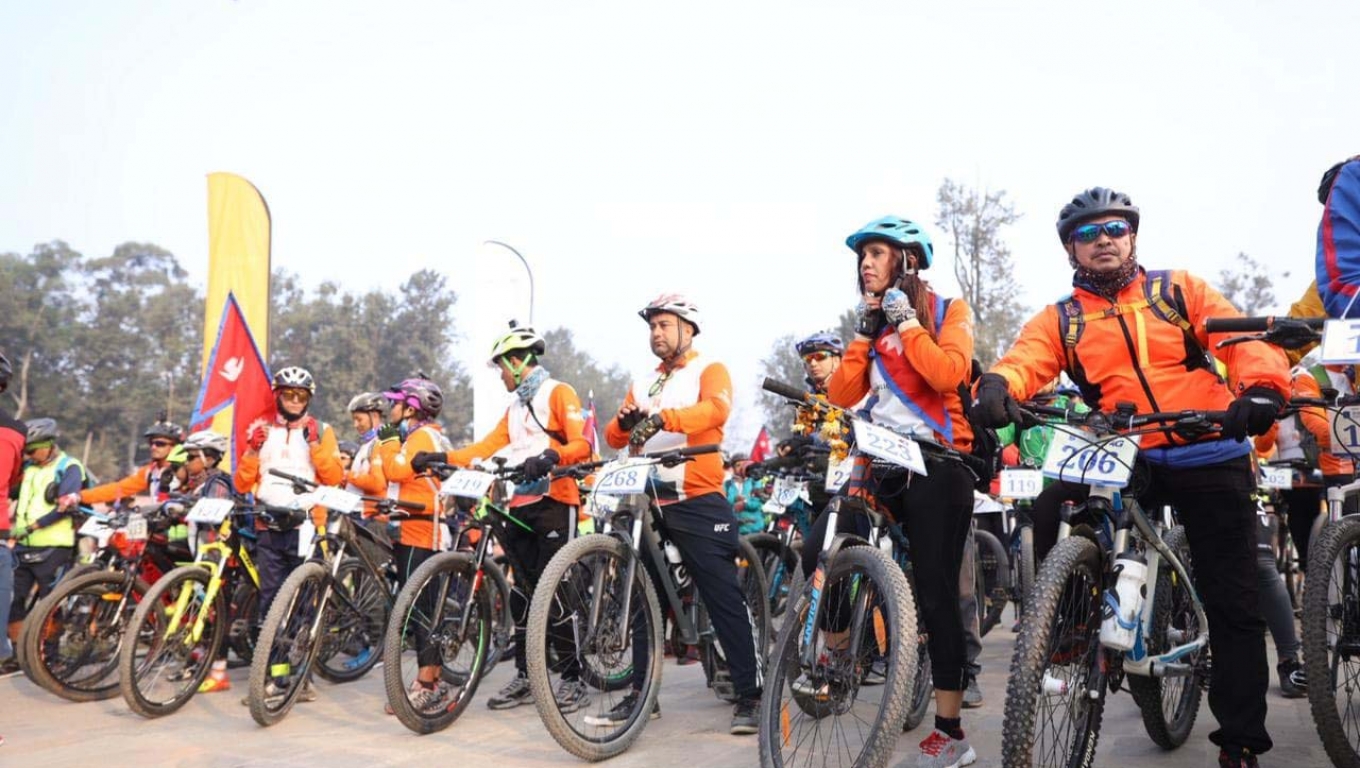Introduction
The Gender Equality and Social Inclusion (GESI) Coordination mechanisms represent a number of working groups that actively contribute to increased understanding, coordination and commitment to gender equality and socially inclusive policies, development and research actions with of the Government of Nepal, development partners, the United Nations, civil society and individual experts to support of the implementation of the Sustainable Development Goals (SDGs) by addressing gender-based inequalities, supporting the development work on gender mainstreaming and efforts to Leave No One Behind.
IDPG GESI Working Group
As a working group under the International Development Partner Group (IDPG), the IDPG GESI Working Group´s vision is to promote a coherent and coordinated approach to the agenda of leaving no one behind in Nepal. The Working Group aims to support the IDPG and Government of Nepal in achieving development outcomes by ensuring that women and marginalized groups can meaningfully participate, make decisions, and ultimately benefit from efforts to promote Nepal’s social, economic, and political development.
Co-chairs
Eloisa Astudillo Fernandez, EU delegation
Ingrid Buli, Royal Norwegian Embassy in Kathmandu
Gitanjali Singh, UN Women
If you have any questions, please contact [email protected]
Gender Theme Group
The Gender Theme Group (GTGs) is an interagency coordination mechanisms established to strengthen the performance of United Nations Country Teams (UNCTs) on gender equality by providing policy advice, coordination on programming issues within the United Nations Development Assistance Framework (UNDAF), and technical support on gender equality and women’s empowerment (GEWE).
In the context of COVID-19, the Inter-Cluster Gender in Humanitarian Action Task Team (GiHA TT) was reactivated on April 2, 2020 with the endorsement of the Humanitarian Coordinator/Resident Coordination (HC/RC), to ensure effective mainstreaming of gender in the humanitarian response. The Group consists of government officials from Ministry of Women, Children and Senior Citizen, cluster organisations active in the humanitarian response and civil society organisations.
Co-chairs
Gitanjali Singh, UN Women
Bernardo Cocco, UNDP
Carolin Verma Spannuth, UNHCR
If you have any questions, please contact [email protected]
Harmful Practices Working Group
In 2018, the UNCT, in accordance with the priorities defined in the UNDAF, agreed to establish a UNCT Harmful Practices Working Group. The working group aims to provide strategic advice to the UN System and to engage in policy dialogue and advocacy in relation to harmful practices and social norm change. It further seeks to contribute to the increased capacity and commitment of its member agencies and to promoting a more coherent and coordinated approach within the UN system in Nepal.
Co-chairs
Gitanjali Singh, UN Women
Lubna Baqi, UNFPA
If you have any questions, please contact [email protected] and [email protected]
PSEA Working Group
The PSEA (Protection from Sexual Exploitation and Abuse) Working Group was first established in 2012 and revigorated in 2018.The PSEA Working Group envisions all humanitarian and development aid provided to Nepal to be free of all forms of sexual abuse, exploitation, and harassment. The PSEA Working Group's mission is to develop system-wide SEA preventive, response, and victim/survivor assistance mechanisms as well as to serve as a forum for the system to address sexual exploitation and abuse (SEA) and sexual harassment.
Co-chairs
Stine Heiselberg, UNRCO
Navanita Sinha, UN Women
If you have any questions, please contact [email protected]

